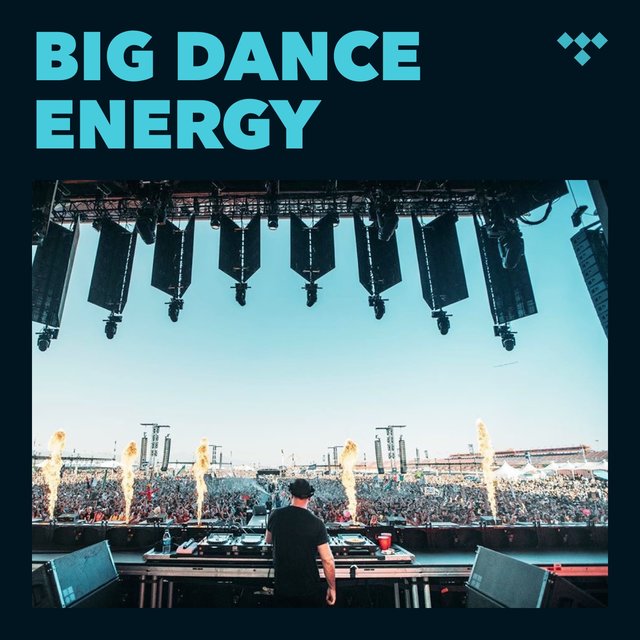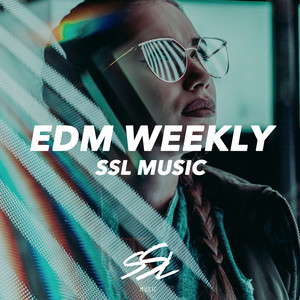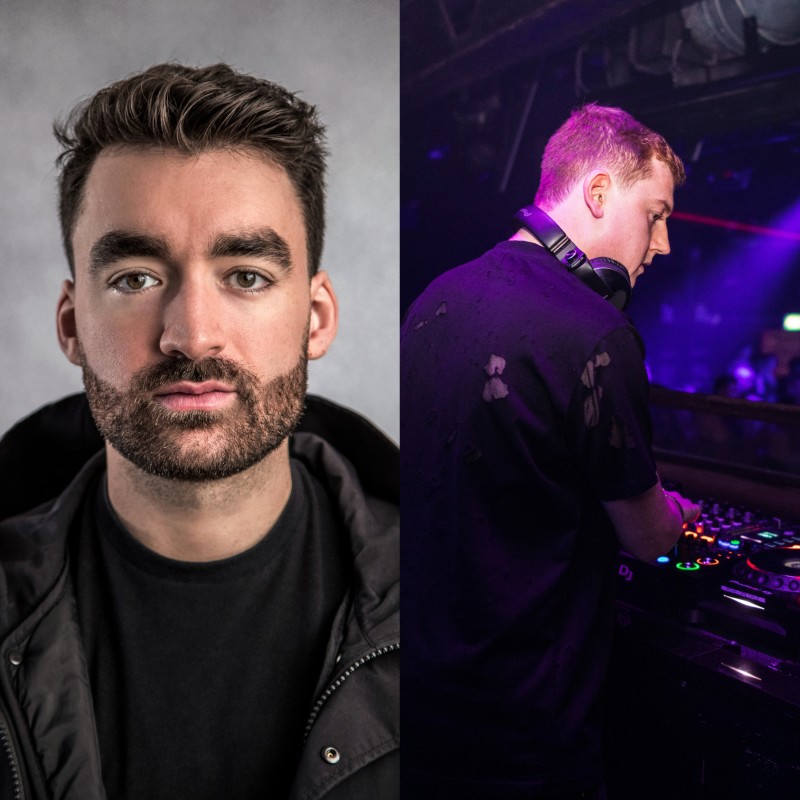Following the kidnap and murder of 33-year-old Sarah Everard by a Metropolitan Police officer, the UK government announced the “Project Vigilant” programme, planning, for example, to deploy undercover police officers to patrol in nightclubs and bars, ensuring women’s safety. After this particular criminal case, their plan raised several concerns among politicians, the public and the developers of a new women’s safety app, Where You At (view the website here).
The award-winning app is developed by students Olivia Leigh and Tamzin Lent, and is set to launch this year during freshers’ weeks at universities. It is specifically aimed at students to “reduce fear, vulnerability and assault in nightclubs”. They’ve already contacted city safety bodies and venues, raised the interest of grassroots student vulnerability and assault organisations and their community is growing ever since. They also conducted a survey of over 950 students from Oxford, Cambridge, Bristol, Manchester and more, asking how vulnerable they felt in nightclubs and how much time they spent to find their friends.95% declared that they felt vulnerable or unsafe in venues on nights out. 98% of students “spent most nights anxiously looking for their friends.” According to the Revolt Sexual Assault Report 2018, a striking 93% of female students faced harassment in clubs in some form. The “Where You At” app is designed to tackle some of these long-standing issues.
As Olivia Leigh said:
“After years of feeling vulnerable and anxious in clubs when constantly losing our friends, we decided to create a safety solution which uses indoor mapping, works without signal, and allows us to SOS friends we trust.We know that students are feeling incredibly nervous about returning to busy venues, particularly among the large crowds predicted. There is a new cohort of 18-year-old freshers who have not legally been allowed to attend non-socially distanced nightlife, who have not been in crowds since their penultimate year in school and are terrified.”
They develop precise floor plans of venues and allow users to locate their friends within a crowd via offline Bluetooth messaging. Not being worried about having a signal, students can see exactly where their friends are thanks to the indoor micro-location technology. Users can create a “friend circle” for the night and alert them within the venue in case of emergency. They can also notify their circles when they want to leave by choosing “Get Home“. In doing so, the safety app will link the person directly to Uber or Bolt and send a notification to their friends when they get home safely. The timestamp and location data of the SOS alert will also make reporting crimes easier, which marks a crucial change in the process. Besides the mapping, Olivia and Tamzin provide precise venue analytics so that the venue’s management can see what areas are most busy and identify peak times, knowing the exact number of visitors. Moreover, venues can allow visitors to order drinks through the app to avoid traffic at bars, and to help adhere to social distancing measures.
The developers stated that “Where You At” is indeed a powerful app and tool to provide safety, compared to the plainclothes policeman programme, for instance because:
“if young people (especially women) are assaulted or frightened, they will want to find their trusted friends and not anonymous staff, certainly not plain-clothes policemen. […] The Government’s new proposal for protecting women in bars and clubs through putting plainclothes cops in clubs appears an insulting and troubling idea.”
You can find a basic guide on how to report sexual violence here.
Image Credit: Shutterstock
You may also like...
-
David Guetta Reveals NYE “United at Home” Livestream
by Rebecca Vice · Published December 30, 2020
-
The Prodigy share a snippet of new music since the passing of Keith Flint
by Rebecca Vice · Published May 18, 2021
-
R. Kelly is facing a new allegation of ***ually abusing a minor
by Donald Dominic · Published February 17, 2020
EDMHONEY.COM - NEW EDM MUSIC 24/7
- Next story Armin van Buuren will host a massive trance pub quiz for ASOT fans
- Previous story Poland’s FEST Festival Announces Star-Studded Lineup With Kygo, FISHER, Sam Feldt, More
Recent Posts

REZZ Surprises Rampage Open Air With Unannounced European Debut of “PORTAL” Stage

Amsterdam Dance Event Drops Colossal First Wave Of 250 Acts For 2025 Edition

John Summit Announces Inaugural Experts Only Festival in NYC With Star-Studded Lineup

Martin Garrix, Tiësto and More Confirmed to Headline Inaugural Breakaway NorCal Festival

Nostalgia Takes Over the Dancefloor in Andrew Dum’s “Changes” With Eran Hersh and Alina Eremia

Tomorrowland Music And 1001Tracklists Unite To Launch New Label, 1001 Recordings

Eric Prydz Launches “Holosphere” Docuseries About Development of Groundbreaking Production

KSHMR’s Dynamic New “Bloom” Plugin Brings Bollywood to Your DAW





















